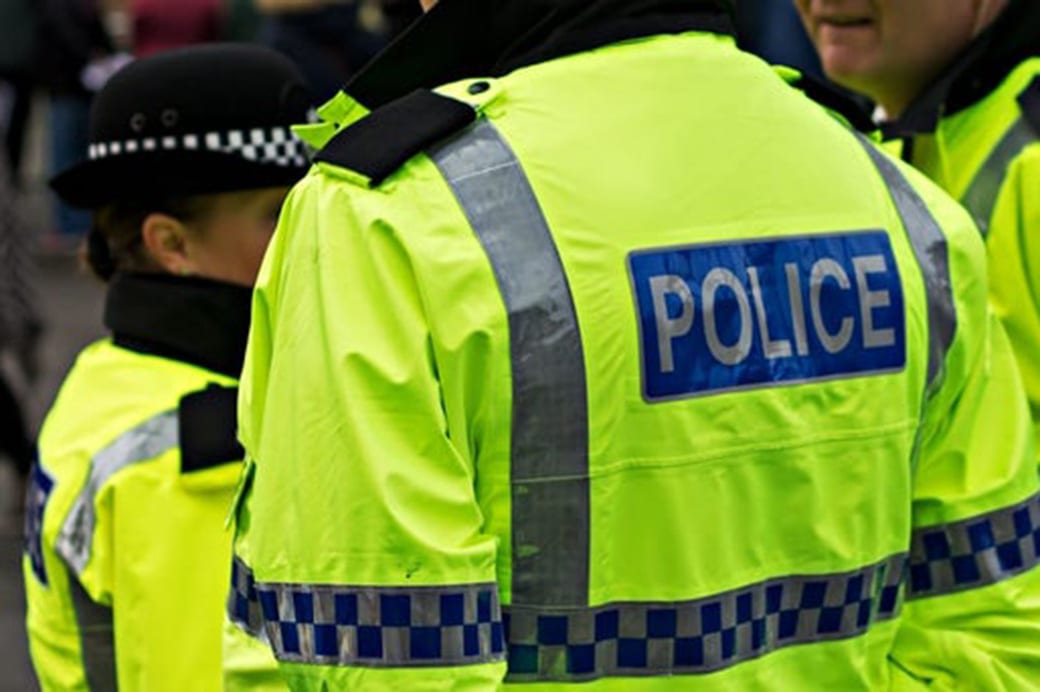Police will be given sweeping powers to arrest and surveil people by a new ‘Coronavirus Bill’ – here’s what else it legalises
A new “Emergency Coronavirus Bill” making its way through Parliament will give sweeping powers to police and other officials in the battle against coronavirus.
The planned reforms grant police a much wider remit to surveil, arrest, and detain members of the public, and allow the government to shut down any premises, event or gathering anywhere in the country.
Critics of the government have labelled the proposals a threat to civil liberties, and raised concerns that MPs have been given only one day to scrutinise them.
But Ministers say the bill, which has been tabled in the House of Commons (19 March), gives them the powers they need to protect public health.
‘Help support frontline workers’
Matt Hancock, the Health Secretary, said the sweeping powers the bill provides will “only be used when it is absolutely necessary”.
Professor Chris Whitty, the UK’s Chief Medical Officer, added: “The measures included in this Bill will help support our frontline workers, protect the public and delay the peak of the virus to the summer months when the NHS is typically under less pressure.”
The “Emergency Coronavirus Bill”, which is likely to pass in the House of Commons, will also allow health officials to call former medical professionals out of retirement to help cope with the rising pressure on hospitals.
The BBC reports that there will be an amendment to ensure the powers must be renewed every six months.
[more-from heading=”Latest News” category=”news”]









